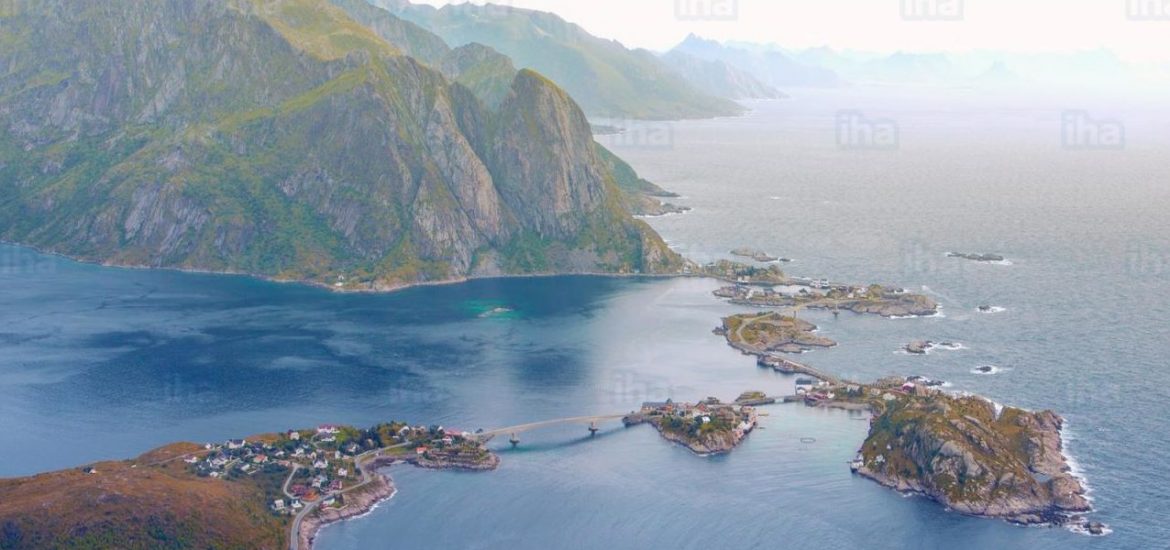
Norway’s state-controlled oil firms Equinor and Petoro, along with Italy’s Eni, have completed their appraisal well on last year’s Cape Vulture discovery, 7km northwest of the production vessel on the Norne field.
The well confirms a volume potential of 50-70 million barrels of recoverable oil, more than doubling the remaining oil reserves at the Norne field.
There are still considerable reserves to be discovered on the Norwegian continental shelf, according to the Norwegian Petroleum Directorate.
It estimated that the undiscovered resources are equal to around 40 Johan Castberg fields. Johan Castberg in the Barents Sea is estimated to have recoverable resources of 450-650 million barrels of oil equivalent, according to Equinor.
Another Equinor field, Johan Sverdrup in the North Sea, is due to start production late next year and will be the main contributor to Norway’s rising oil production until 2023.
In May, Equinor changed its name from Statoil to demonstrate its move away from fossil fuels.
Despite plans to shut the field in 2014, the productive life of Norne has now been extended to 2036, boosting employment in northern Norway.
“We are very pleased to have proven and appraised a new substantial oil discovery off the coast of Nordland. The appraisal well confirms a new play on the Nordland ridge in the Norwegian Sea,” said Nick Ashton, Equinor’s exploration chief.
“The discovery demonstrates the importance of our new exploration strategy. We intend to take new approaches and try out new and untested ideas to unlock the remaining commercial resources on the Norwegian continental shelf [NCS]. This is in line with Equinor’s recently updated roadmap for the NCS, which aims to secure activity for many decades to come,” Ashton told the media.
“The Cape Vulture discovery also opens additional opportunities in the area. As an immediate consequence, we will already next year drill a well on a similar prospect on the Nordland Ridge. We are also maturing other opportunities for the coming years that may help substantially increase the reserves around the Norne field,” Ashton added.
The partnership at the Norne licence suggests considerable resources may still be recoverable through the existing infrastructure on the continental shelf.
“Cape Vulture came as a gift in early 2017, and it confirmed that exciting subsurface secrets still remain to be unlocked in the Norne area,” said Siri Espedal Kindem, Equinor’s northern operations chief.
“Our exploration people have been scrutinising the area for more than 40 years, and they are still cracking codes.”
Norne was the first field development off Nordland (pictured), marking the start of the northern Norway oil era, coming on stream in 1997.
“Even in an early phase of development planning, this discovery will more than double the oil resources produced through the Norne infrastructure towards 2036, which we are very pleased to see. This is a great day for the Norwegian Sea and the industry in northern Norway,” said Kindem.
Nordland. Picture credit: IHA





